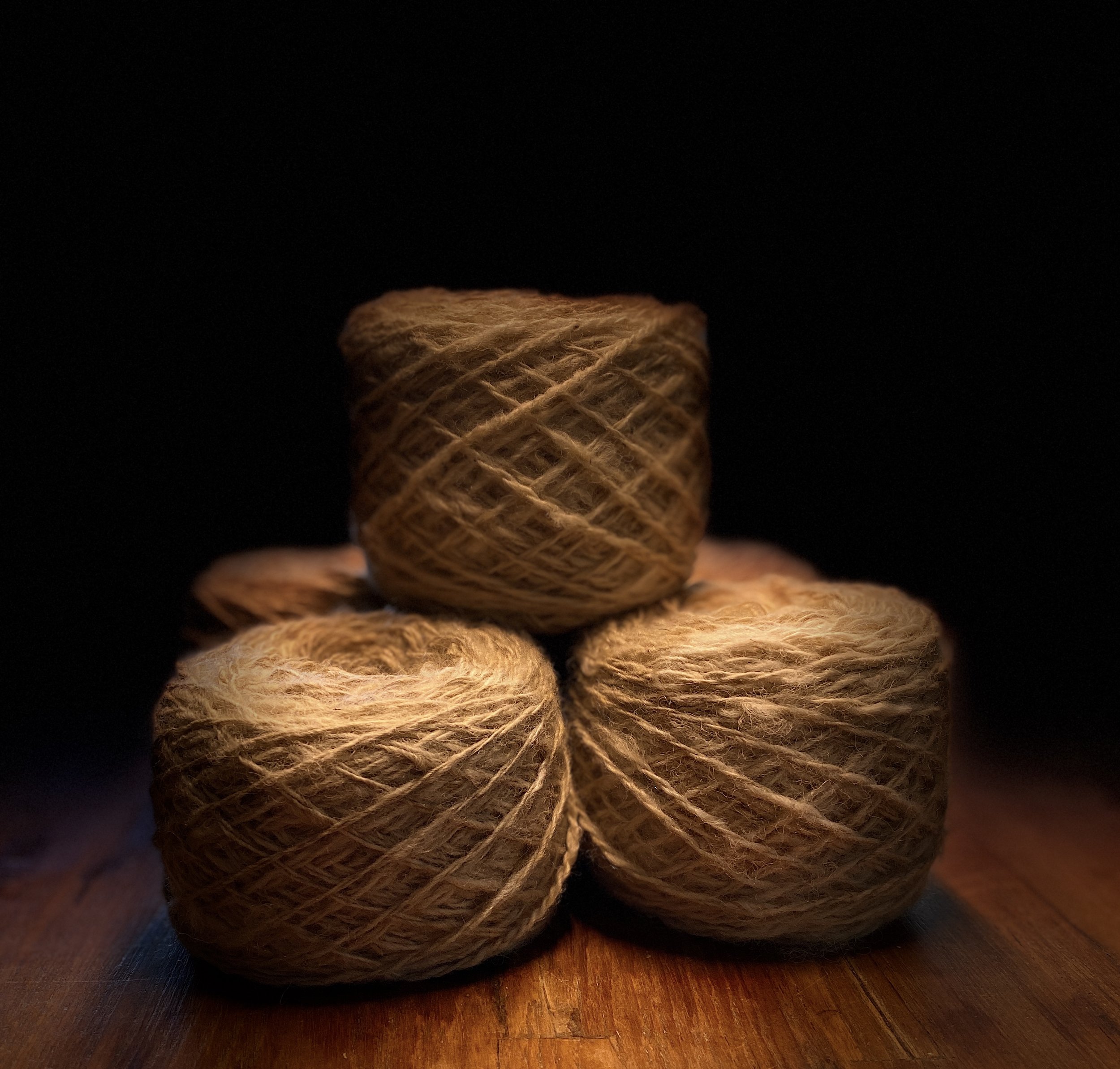Pick your Own Oranges, Dooralong
Saturday 20th and Sunday 21st July 2024
PYO Navel Oranges
Open 10 am to 4 pm.
No booking and no entry fee.
Wear old shoes or boots, as the paddocks are still muddy. There are picnic tables to relax at, a coffee van, pony rides, and sheep, cows, and chickens to feed, so bring along some fruit, veggies, or bread for the animals. https://www.facebook.com/pickyourownorangesdooralong
Tannerwood Flower Farm Dooralong
They are known for their local seasonal flowers and are doing something new and wonderful on Sunday, 21st July 2024
Forest Bathing Experience
1 hour beautiful and tranquil connection experience in nature. Forest bathing, or shinrin yoku, is a Japanese practice that involves immersing oneself within nature.
Finding relaxation by being calm and quiet among trees. All about de-stressing for adults and children and to improve health and well-being naturally. You can book via their website. $45 pp.
https://tannorwoodflowerfarm.com.au/shop/workshops
The Giving Farm, Jilliby
Saturday 20th and Sunday 21st July 2024
This one is for animal lovers where kids have the chance to learn and feed their farm animals on a certified organic farm.
Meet the cuddle crew, goats and kids and babydoll sheep their little lamb. Lots of learning farm activities for the children and a hunt for blue eggs.
Book online for a day with the farm animals. From $27.50 pp.
https://thegivingfarm.com.au/farm-animal-cuddle-feed-pat/
Meliora Farm Peats Ridge
They have been growing citrus since 1925, and this weekend is their
PYO Oranges
Saturday 20th July and Sunday 21st July 2024 The family entry pass is $30, and you will receive a picking bag that holds 10 kg of fruit. Make sure you book via their website. https://meliorafarm.com.au/
At the Avo Farm by the Peruch Family, Somersby
Sunday 21st July 2024, only
third-generation citrus and avocado farmers.
PYO Sunflowers.
$15 per person or $30 for a family entry, and carry as many sunflowers home as you can.
10 am to 2 pm. Cash only for PYO. 1345 Wisemans Ferry Rd, Somersby
https://www.facebook.com/profile.php?id=100080487427210
Also in Somersby a quick hint, the
Somersby Falls walking track and waterfall is now open after a major upgrade by the NSW National Parks and Wildlife Service
Watch the 3 levels of cascading waterfalls from the accessible viewing platform, or take a walk through the rainforest if you’re keen to see more.
Be sure to bring your camera and binoculars and keep an eye out for local wildlife, as 270 native animal species call Brisbane Water National Park home, as well as the stunning gymea lilies and rainforest plants. Park entry fee so jump on the website for more info.
https://www.nationalparks.nsw.gov.au/things-to-do/walking-tracks/somersby-falls-walking-track
Grace Springs Farm Kulnura
Morning Chores Private Tours for children.
Tours begin with a milking cow demonstration. Then they move around the farm, tending to the chooks, ducks, pigs and cows. The children help as they go along.
These tours are a wonderful experience for families and a glimpse into everyday farm life at Grace Springs Farm.
Virginia's tours are particularly suited to children under the age of 5 as they are shorter and move quite quickly to keep up with the children's pace and learning. Book in advance for these private tours at Grace Springs Farm. https://www.gracespringsfarm.net
Markets
Northside Produce Markets
Saturday 20th July 2024
8 am to 12 noon
Simon Chung at the Vegie King stall, tells us that it has not been easy of late, trying to sew new crops and harvest in water logged soil and grow produce in little sunshine due to the constant rain.
Simon's tip for this market, is their Choy Sum and baby Bok Choy, as they are more tender at this time of year.
https://www.northsydneycentre.com.au/markets
Carriageworks Farmers Market
Saturday 20th July 2024
8 am to 1 pm. A treasure trove of fresh produce and all undercover in Sydney
https://www.facebook.com/CarriageworksFarmersMarket
Camden Fresh Produce Market
Open Every Saturday 7 am - 12 Noon
Camden Town Farm 4o Exeter Street Camden
https://www.facebook.com/camdenfreshproducemarketarket
Central Coast
Gosford City Farmers Market is on Sunday 7 am to 1 pm
https://www.facebook.com/gosfordcityfarmersmarket
Hosted right across Sydney is the Organic Food Markets that are held on Saturdays or Sunday.
https://www.organicfoodmarkets.com.au























